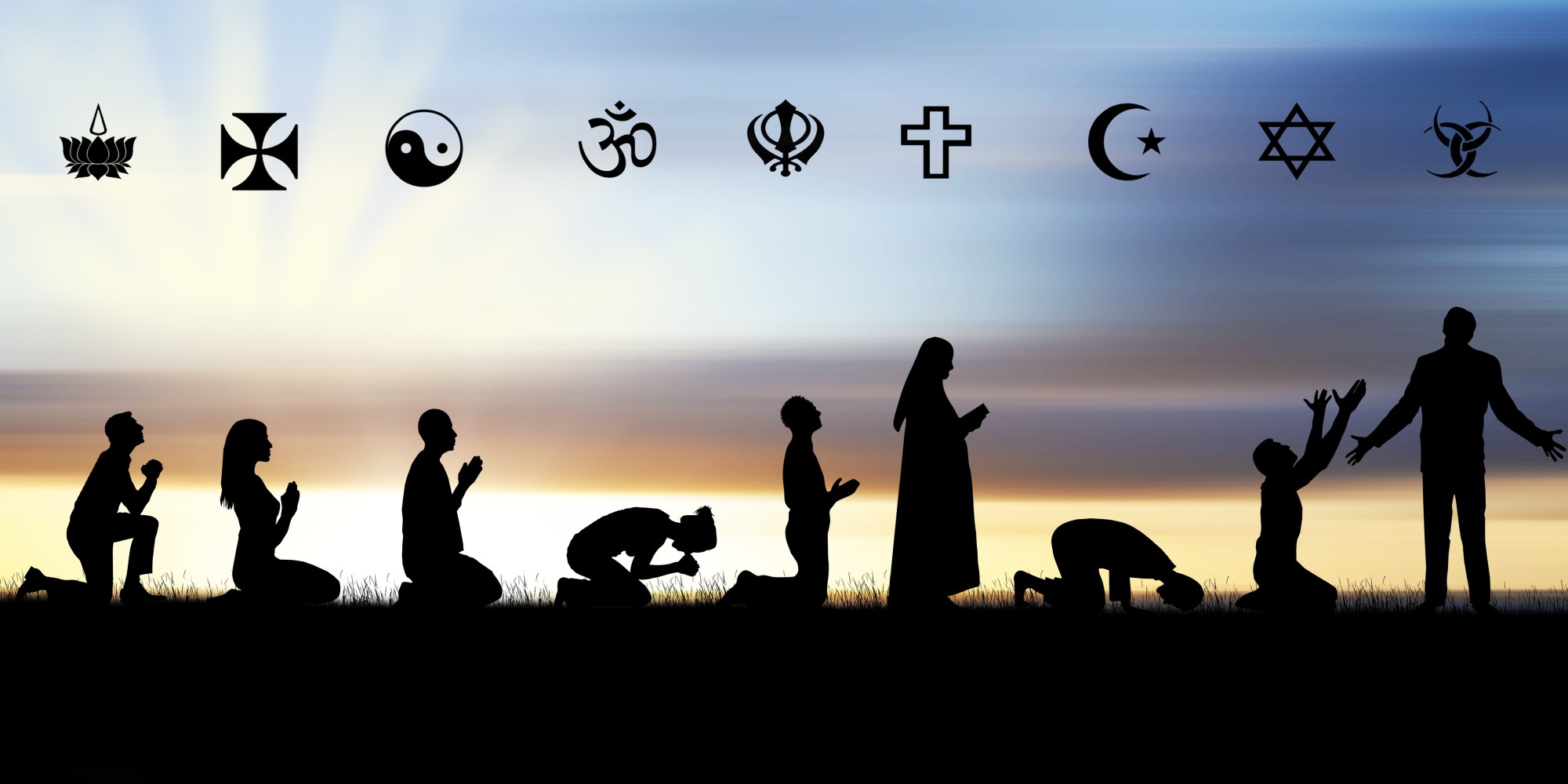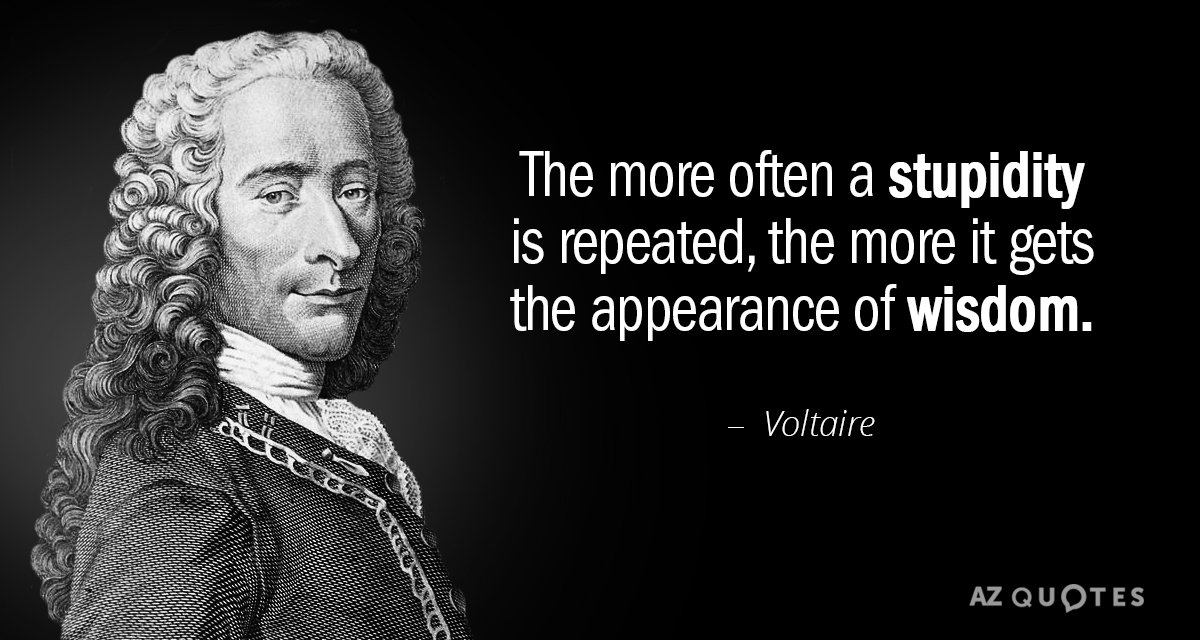Spirituality, Religion and Stupidity
Spirituality;
“Spirituality means any experience
that is thought to bring the experiencer into contact with the divine. The traditional meaning of spirituality is a
process of re-formation which "aims to recover the original shape of man,
the image of God

Spirituality, leans more toward the
internalization of your awareness of your soul. It is an inward journey that
involves a shift in awareness, rather than some form of external activity. As
such, spirituality is much more about inner understanding than outer worship.
This is not to say that worship is not a part of spirituality; it’s a matter of
where the devotion and worship are directed: To an external practice, object,
or figurehead or To your soul, higher self, or divinity within.
Spirituality
though, breaks free from the restrictions and rigid structure, sometimes
associated with traditional religion. The spiritual aspirant recognizes that he
or she is on a “pathless path” of self-discovery. They are following not
a set of external rules, but their own inner call to spirit.
In this
way, spirituality can sometimes feel like a rebellious act of going solo, very
much in the spirit of “To be yourself, in a world that is constantly trying to
make you something else” is the greatest!
Religion;
By definition, religion is
a personal set or institutionalized system of religious attitudes, beliefs, and
practices; the service and worship of God or the supernatural.:
Religions are most often based upon the lives, teachings, and beliefs of a
historical figure (e.g.,Christ, Buddha, Moses, Krishna, Muhammad).
The
details of their lives as holy or highly evolved beings have been carried to us
across the mists of time through oral tradition and written scriptures. These
figures are the subject of worship and devotion and form the foundation of
religious practices and rituals.. In other words, there is usually a greater focus on the
externals: Houses
of worship (e.g., a church), Books of scripture,
Eternal rituals,
Observances
etc. This is the equivalent
of object-referral in which your attention is placed upon the objects
in your experience.
It is a structured,
frequently rule-based construct that to some degree governs the behavior of its
members. Moral rules, laws, and doctrines, as well as specific codes and
criteria, create the organized structure that contains the religion’s specific
belief system. Religion helped to give society a sense of certainty and helped
to guide and comfort those whose faith was lacking.
Stupidity;
There is a group of people who thinks
that religious people tend to rely more
on intuition in decision making. So, rather than having impaired general
intelligence, they might be comparatively poor on tasks in which instead of intuition,
logic come into effect– and this might
explain their lower IQ test results.
They believe
that there is no God. An individual who believes in a God and thinks He (God) actively
intervenes in earthly events and keeps an eye on him personally, and listens
and responds to his prayers, is
mistaken.
He
doesn’t understand basic facts about the world and the provenance of worldly
things like phone from which he sends
text messages, the car that he drives, the antibiotic that cures his bronchitis
and the electricity that brightens in his home.
Shlomo Avineri* argues that “secular intellectuals” who think that
“anyone who believes in God and religion is stupid and unenlightened
intellectually, socially, or morally” commit the sin
of arrogance.
*(Shlomo Avineri is Professor Emeritus of Political Science at the
Hebrew University of Jerusalem and a member of the Israel Academy of Sciences
and Humanities, served as Director-General of Israel’s foreign ministry under
Prime Minister Yitzhak Rabin.)_








